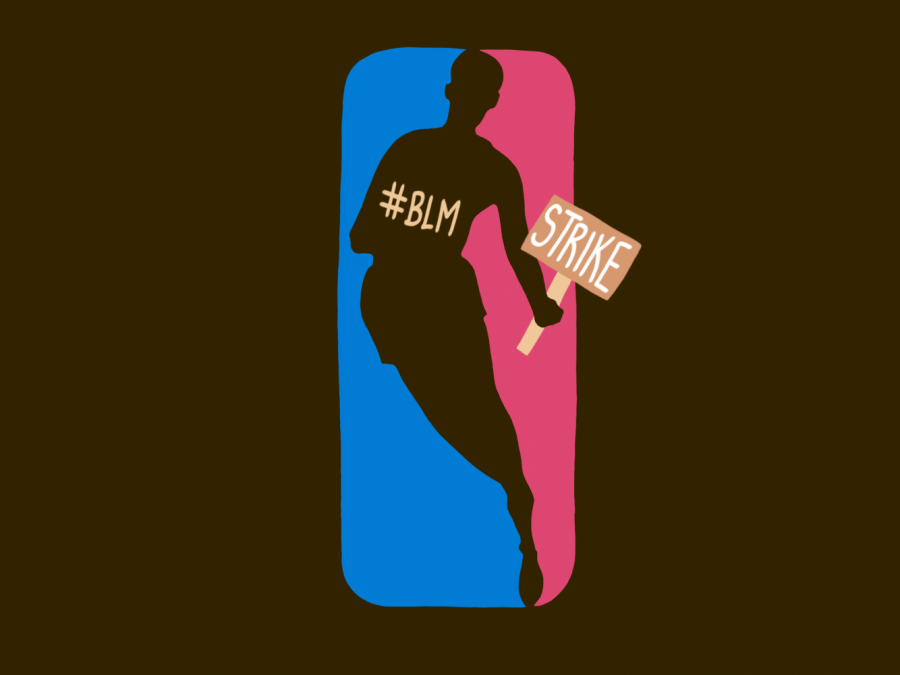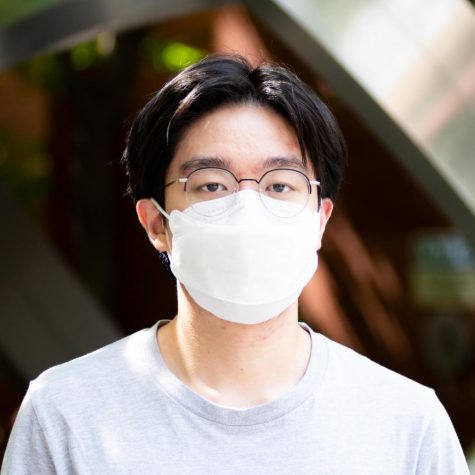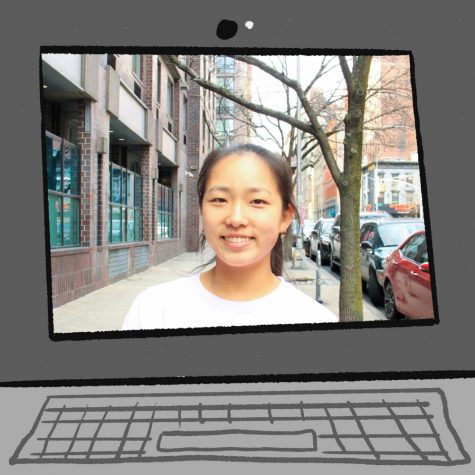It was the second time in league’s history — and the first time since 1964 — that NBA players had organized a strike. Back then, the players striked for a pension and an athletic trainer on every team. This time, when the Milwaukee Bucks refused to take the court against the Orlando Magic on Aug. 26, it was as a protest against the police shooting of Jacob Blake.
The Bucks’ call to action quickly reverberated across the sports world, with all NBA and WNBA games and 10 MLB games being shelved across Wednesday and Thursday. NBA games resumed on Aug. 29 after the league and players released a joint statement on initiatives they hope to pursue in the future. A condition included in the statement was that each team that owns its arena would convert it into a polling station for the November election.
Contrary to what the joint statement suggests, the announced initiatives were concessions the players extracted by leveraging their work and not a sign of what a cooperative discussion between the league and the players can achieve. The NBA players’ demands denoted frustration towards the lack of initiative on the part of the owners, making the statement the league released when George Floyd’s shooting galvanized protests across the country seem all the more hollow. Back in June, when players voiced their concerns that basketball might distract attention away from the protests, NBA commissioner Adam Silver told the players that they were as equally committed to amplifying messages of racial justice as the players were. “In terms of social justice issues, it’ll be an opportunity for NBA players and the greater community to draw attention to the issues,” Silver said.
Two and a half months later, the need for the league to once again promise to “further our collective efforts and actions in support of social justice and racial equality” is a clear condemnation of the league’s follow-through since Silver’s public pledge. It is another reminder that the league and its owners have yet to proactively make commitments to fighting racial inequality, as if trumpetting empty platitudes of support on social media fulfilled their responsibilities. In the wake of George Floyd’s shooting, owners league-wide released statements vowing to become a part of the solution.
However, it was only when they realized some players could not be sold on the idea they could both play and use their platform for social justice that the owners vowed to create a $300 million foundation to economically empower black communities. And although teams committing to convert their arenas to polling stations is an example of concrete action, questions should be asked why some owners did not make such a commitment sooner. The Hawks, the Pistons, the Bucks and the Kings had all already pledged to use their arenas as safely-distanced polling stations across June and July. Still, no other owner followed suit until the strike, even amid reports of President Donald Trump’s assault on the United States Postal Service and its implications on the November election.
The NBA might give its athletes more latitude for expression than any other league, but the spotlight placed on NBA players as agents of change has allowed the league to avoid addressing the contradictions between their public rhetoric and their organizations’ ethos. Organizationally, many teams still work or are associated with the police. In Milwaukee, the Bucks continue to outsource security from their police department, even though one of their players, Sterling Brown, was illegally tased over a parking dispute. The Fiserv Forum also held two badge nights to celebrate law enforcement personnel since the video of Brown’s wrongful detainment surfaced. Tilman Fertitta, owner of the Houston Rockets, is the chairman of the board for the Houston Police Foundation.
Campaign donation reports also bring to question whether certain owners align with what Silver presented as a unified support for the players’ call for police reform and racial equality. For example, Jerry Reinsdorf, majority owner of the Chicago Bulls, recently donated to the congressional campaign of Sean Parnell, who vows he will protect law enforcement on his public website and has tweeted that “THE ANARCHISTS DESTROYING OUR NATION” are to blame for the social unrest.
By allowing players to become the league’s spokespeople for issues of racism and police brutality, the owners have yet to confront ways in which their actions run contrary to their public messages. At a time that demands more action than ever before, the NBA has maintained its allure of progressivism without confronting its own contradictions by deferring its moral obligations onto the athletes. If fighting racial inequality is the collaborative effort that Silver promised, it has until now been a pretty one-sided collaboration.
A version of this article appeared in the Monday, Aug 31, e-print edition. Email Kevin Ryu at [email protected].

























































































































































